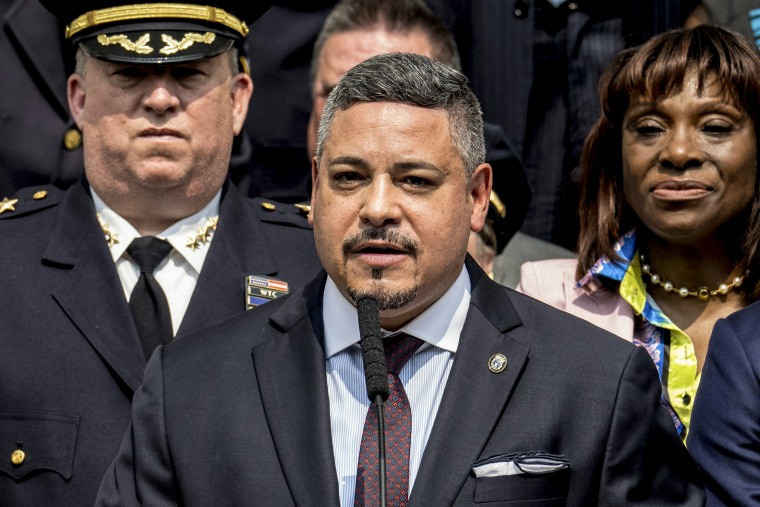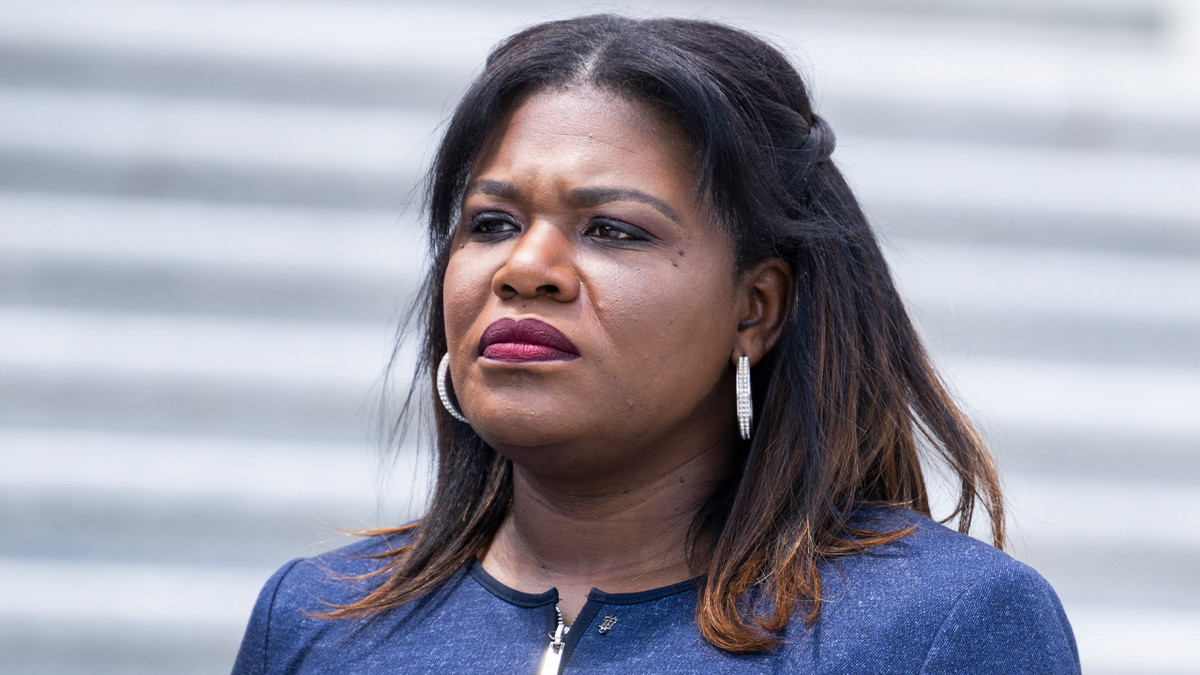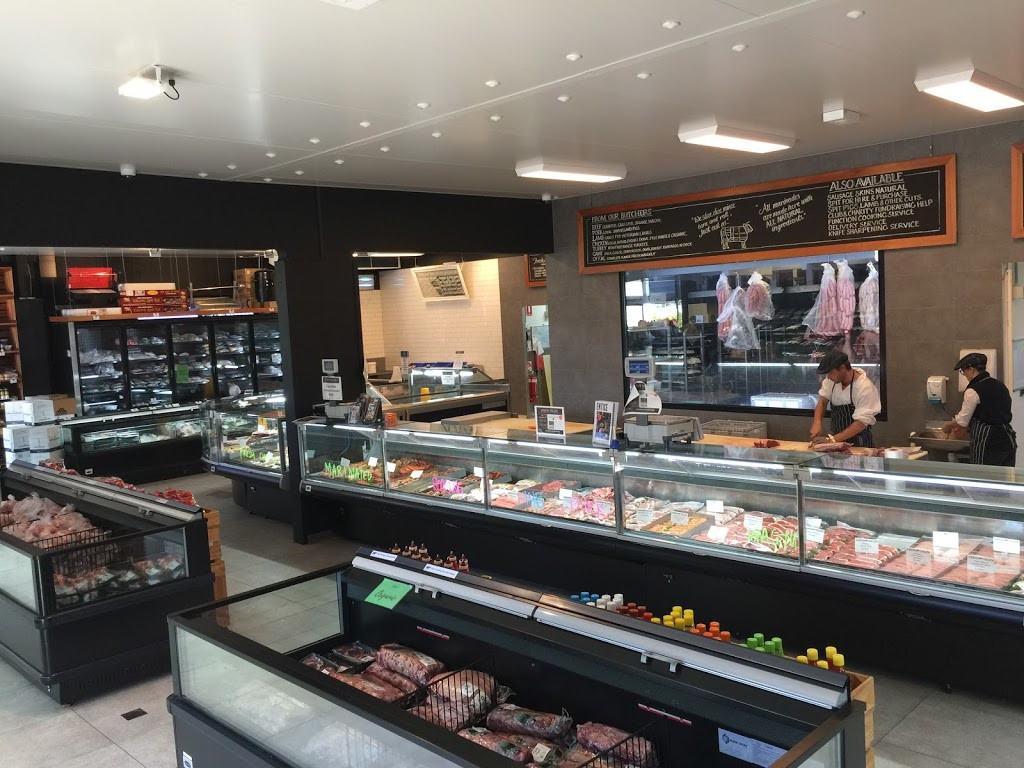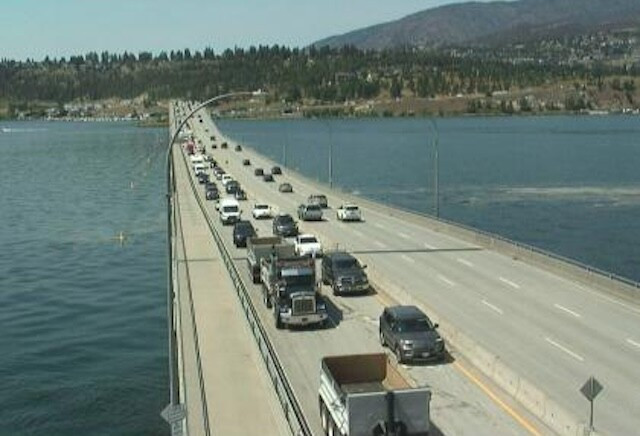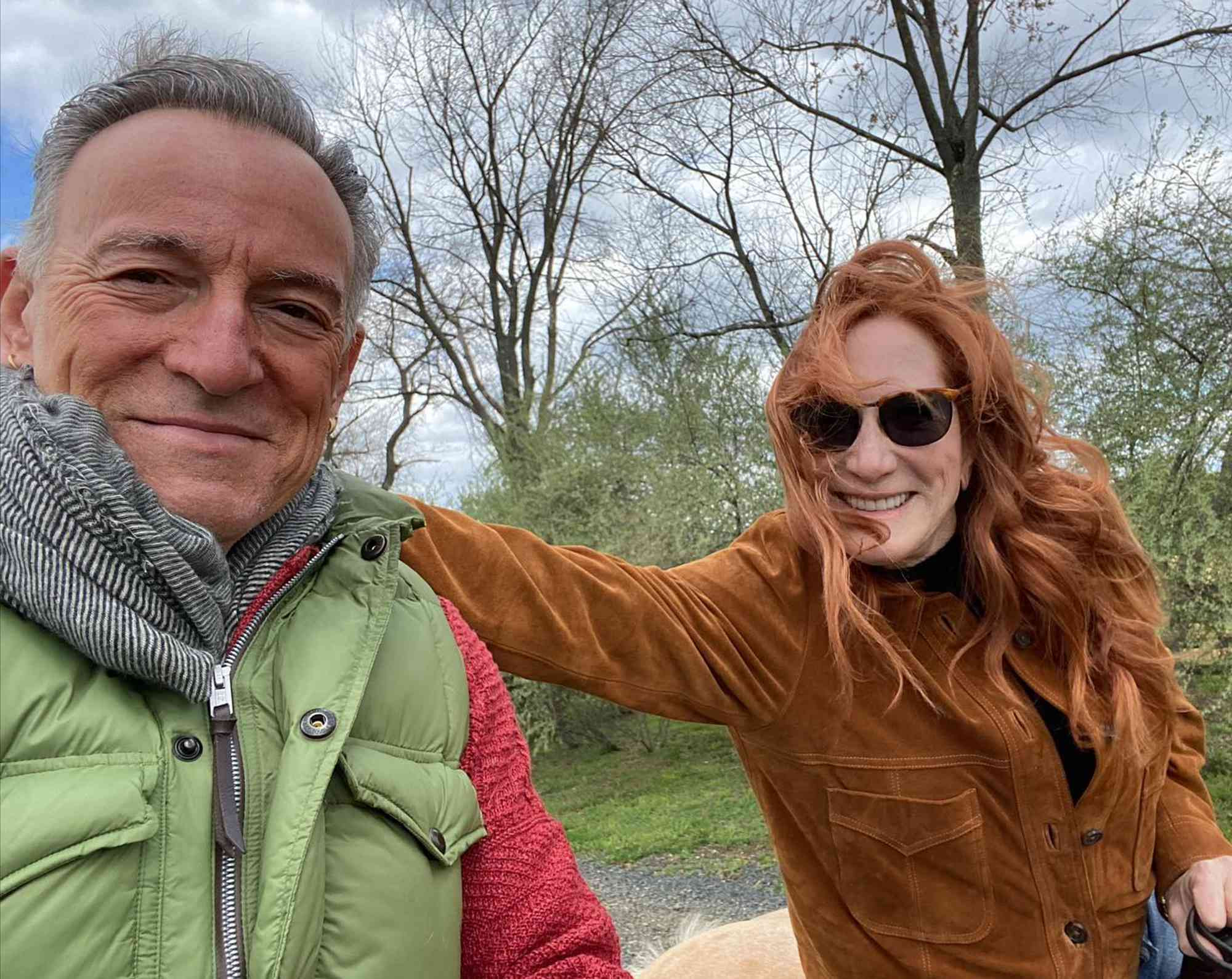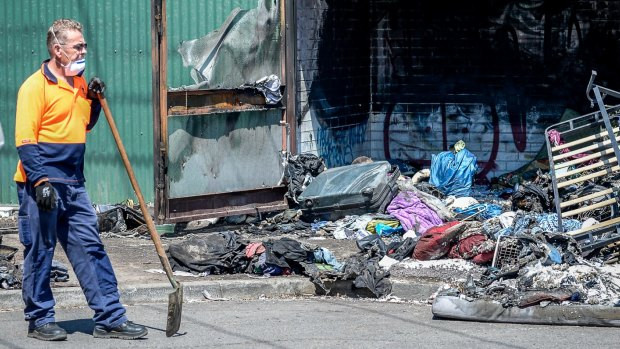Dun Laoghaire Election 2024: A Detailed Look at the Results
The 2024 general election in Dún Laoghaire saw a fascinating mix of veteran politicians and newcomers vying for four coveted seats. The constituency, known for its affluent areas and diverse electorate, proved to be a battleground for several parties, offering a microcosm of the broader national political landscape. The results surprised many, with both expected victories and unexpected upsets. The overall turnout was approximately 57%, slightly below the national average, a figure that some analysts attributed to a lack of clear left-wing alliances.
The Rise of Fine Gael
Fine Gael experienced a significant success in Dún Laoghaire, securing two of the four seats. Jennifer Carroll MacNeill, an incumbent TD, achieved a remarkable first-count victory, exceeding the quota with an impressive 11,685 votes. Her campaign focused heavily on her work expanding special education access in the constituency, a move that resonated strongly with voters. "The only reason I ran for reelection was to help the children in my area," she stated, highlighting her commitment to local issues. She expressed hope for a continued role in government, stating, "Of course I hope Fine Gael will be in government and I hope to have a role in that government in some way." Her win was celebrated by Fine Gael supporters at the Leopardstown Racecourse count centre, underscoring the party's triumph.
MacNeill's Success and Constituent Focus
MacNeill's win was particularly noteworthy for her substantial surplus of votes. She actively emphasized her accomplishments during her previous term, notably the 109% increase in special classes and mainstream schools in Dún Laoghaire. She also highlighted her efforts to secure funding for more speech and language therapists. This demonstrable focus on local needs likely contributed significantly to her electoral success. Her dedication to constituents, particularly those facing challenges accessing special education resources, resonated with the voters and bolstered her strong showing.
Barry Ward, another Fine Gael candidate, secured the second seat for the party, garnering 8,337 first-preference votes. Originally from Deansgrange, Ward boasts an impressive background including education at UCD, Trinity College Dublin, the University of Paris, and the King’s Inns. A practising barrister who recently became a senior counsel, Ward also has a history in politics, having served as a legal advisor to former Taoiseach Enda Kenny. His experience and strong internal party standing, evidenced by a decisive victory at the selection convention, facilitated his election success. He served as a county councillor in Blackrock before seeking a seat in the Dáil.
Fianna Fáil's Performance
Despite some initial predictions, Fianna Fáil only managed to win one seat in Dún Laoghaire. Cormac Devlin, a veteran politician who has held public office since he became the youngest-ever member of Dún Laoghaire-Rathdown County Council in 2004, secured this seat. His consistent presence in local politics, coupled with his role as Fianna Fáil whip during the previous Dáil, solidified his position. He skillfully navigated previous electoral challenges, including overcoming an initial attempt to exclude him from the 2016 general election nomination process.
Devlin's Political Journey
Devlin's political journey reflects resilience and strategic maneuvering. He successfully weathered the 2009 local elections and secured the Fianna Fáil nomination for the 2016 general election despite initial setbacks. This victory laid the groundwork for his ultimate success. He secured the seat in 2020, capitalizing on the transfer of votes from Mary Hanafin, a testament to his strong local support and ability to build coalitions. His experience and reputation as a dedicated constituency worker clearly resonated with the voters of Dún Laoghaire.
The Left's Struggle
The left-wing parties experienced a setback in Dún Laoghaire. Richard Boyd-Barrett of People Before Profit–Solidarity secured the final seat, but the election highlighted a lack of cohesive strategy among left-wing candidates. Boyd-Barrett, a prominent anti-war campaigner and vocal critic of government economic policies, expressed disappointment with the outcome, noting that a stronger left-wing alliance could have generated greater momentum. He believed a lack of a clear alternative gave the government parties an advantage. His observation highlights that the fragmented nature of left-wing representation in this constituency likely hindered its potential.
Boyd-Barrett's Analysis and Reflection
Boyd-Barrett's analysis of the election results pinpointed a crucial element: the absence of a unified left-wing front. His call for an earlier and clearer message promoting collaboration among left-wing parties underscores the importance of strategic alliances in electoral politics. The election underscored the need for left-wing groups to present a more unified front. His reflections on this point offer valuable insights into the challenges faced by left-wing parties in navigating the Irish political landscape.
A Surprising Turnout and Unforeseen Outcomes
The relatively low turnout of 57 percent, while still above some recent local elections, suggests a certain level of voter apathy or disengagement with the political process. Such low turnout in working class areas, as noted by Boyd-Barrett, could have had a significant impact on the election results.
The 2024 Dún Laoghaire election displayed both expected outcomes and unexpected results. The triumph of Fine Gael, the continued success of Cormac Devlin, and the challenges faced by the left-wing parties painted a complex picture of the local political landscape. The election served as a reminder that local contexts matter, and that local campaigning, as demonstrated by MacNeill, is critical for securing victory. Further analysis will likely delve into the deeper causes of voter turnout and how those factors influenced the final outcome.






